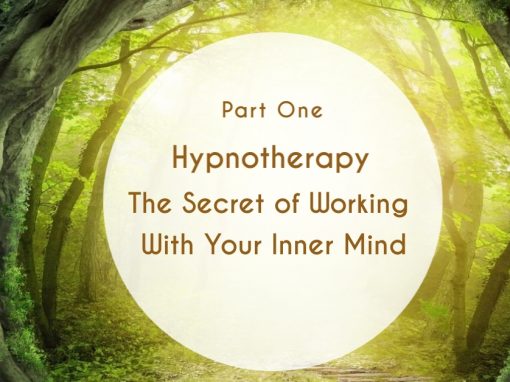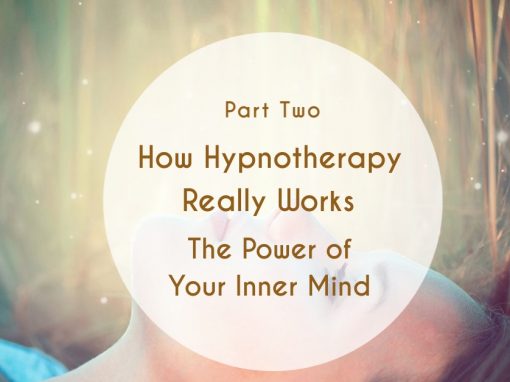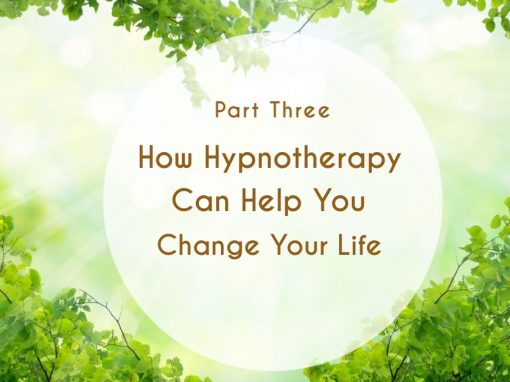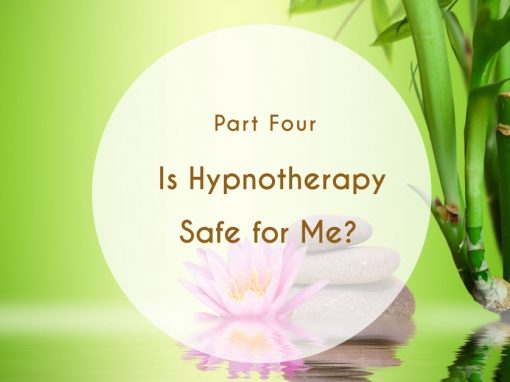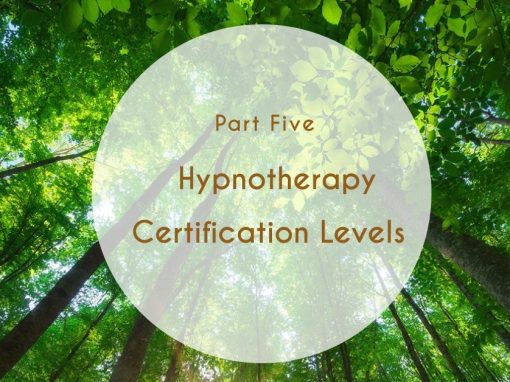Is Hypnotherapy Safe for Me?
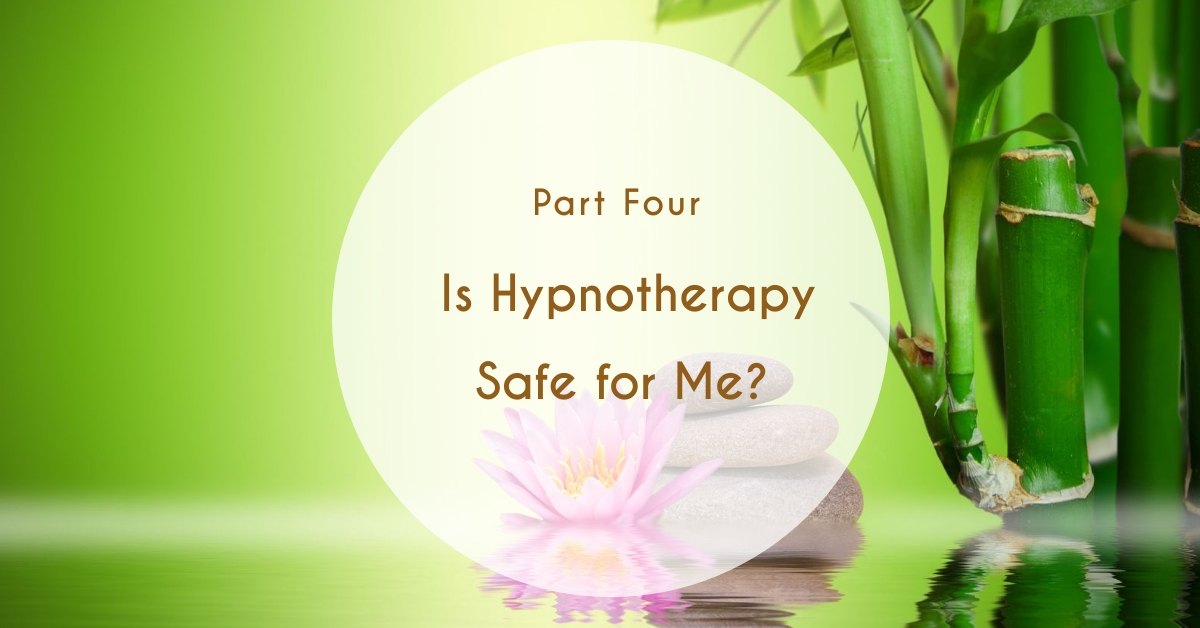
Part 4: How do I know if hypnotherapy is really safe? What would I need to know about hypnotherapy safety?
The answer is with the right hypnotherapist, yes! The key is selecting a well-trained hypnotherapist who is more than just a hypnotist.
There is a common saying I learned during my training which is “It takes 30 minutes to learn the basics of hypnosis and a lifetime to master it.”
Safety first comes from researching the training, skill level and experience level of the hypnotherapist.
There are different levels of certification available in hypnotherapy. Level 1 is Certified Hypnotherapist, Level 2 is Clinical Hypnotherapist, and Level Three is Transpersonal Hypnotherapist. I talk about these different training levels and what they include in the next articles, Levels of Hypnotherapy Certification.
In this section I will be focused on Certified Hypnotherapist. Questions you might consider asking include:
- What school was attended, and is the school state certified?
Different states have different laws. Hypnotherapists are not licensed, however, a school can be licensed. So it becomes important to know if the hypnotherapist was trained by a state licensed school, which would follow very specific guidelines including the extent of program content, safety, and best practices.
- How many hours of training did the hypnotherapist receive to be awarded a certification.
Each school varies. The last I checked the minimum requirement for Certified Hypnotherapist was 200 hours. I was required to complete 300 hours of training.
- Was the training done in-person, online, or a combination of both?
This question helps you identify the amount of practical experience the hypnotherapist received in their training. There is much “content” that can be learned on-line, however supervised, hands-on practice is essential for learning.
- What other relative training has the hypnotherapist taken? When was the last time they tool relative training?
There are other topics of study that a hypnotherapist can add to their knowledge base, which adds to their over skillset. Asking questions about what else the hypnotherapist has studied can give you a sense of their overarching experience and skills. A hypnotherapist actively practicing hypnotherapy will want to routinely pursue latest available techniques and skills. Basically keeping up with the times.
- Does the Hypnotherapist belong to any Professional Associations?
Hypnotherapists have the opportunity to associate with different professional organizations. Those organizations provide on-going training opportunities and many require a certain amount of credit hours of training for each calendar years.
I am currently Certified by iACT, International Association of Counselors and Therapists, and ACHE, American Council of Hypnotist Examiners. I am also Certified in NLP as a Neurolinguistic Practitioner.
- How much practical experience does the hypnotherapist have and what is their current success rate?
I saved this question to last as this would be the order in which to consider these points. The truth is I had my beginnings as well. I started out at one point too, everyone needs a start. When I started, I actually offered free services to my first 25 clients in exchange for experience. Truthfully, the school I attended was 500 hours of training, so by the time I did set up my office, I was truly ready.
In the next section, I answer questions about the different types of Hypnotherapy Certification and what they mean to you.
How Can Hypnotherapy Help You?
